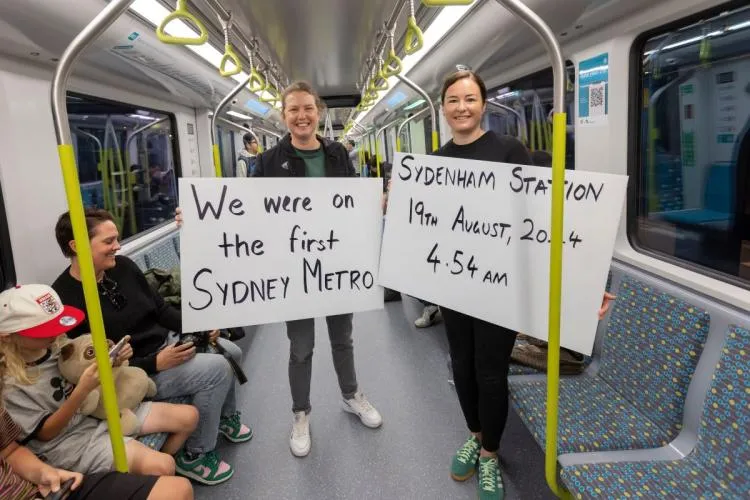Figures from Network Rail revealed that 21 people were killed due to alcohol-related incidents at the platform edge, and a further 91 people have received serious injuries over the last ten years. Passengers boarding and alighting trains were involved in 469 alcohol-related accidents in the last five years.
Network Rail is sharing its message to smartphones on the rail network in locations where there have been higher levels of alcohol-related incidents or with more pubs and clubs nearby. There will also be alcohol awareness events in stations in the run-up to Christmas.
Level crossing managers will provide safety information to its users and a virtual reality film, Keep a clear head, can be viewed on the level crossings app.
The top 10 stations with alcohol-related delay-causing incidents revealed that Birmingham New Street had 452 between 2012/13 to 2017/18, followed by 433 incidents at Reading station over the same period.
Danger points for intoxicated passengers include not heeding the warning signs at level crossings; trips and slips at the platform edge and on station escalators and; straying onto railway tracks.
According to British Transport Police, there has also been a rise in violence at many of the busiest railway stations over the festive season, much of which is caused by excess alcohol. Between 24 November 2016 and 2 January 2017, the number of violent offences reported at railway stations across England, Scotland and Wales increased by 14% compared with the same period in 2015/16. Almost one in 10 of those offences involved alcohol.
Allan Spence, head of public and passenger safety, Network Rail, said: Though trains are the safest way to get around, passengers and people living near the railway must always remember that it can be a dangerous place. That’s why we’re reminding the public to remain alert to those dangers whilst they’re having fun over the festive season. Taking a short cut across the tracks, chancing it at level crossings or tripping at the platform edge can, at best cause delays to your journey; at worse it can result in serious harm. Enjoy yourself but don’t let alcohol stop you or your fellow passengers from getting to where you need to be – keep a clear head.”
Network Rail: campaign to reduce alcohol-related railway incidents
To combat the 7,419 recorded alcohol-related incidents on or around the railway in 2016/17, 16% of which took place over the festive period; Network Rail, British Transport Police, RSSB and charity Drinkware have launched a campaign called Keep a Clear Head. The scheme is also encouraging the public to keep a clear head on the rail network using local and national communications channels, including across social media.
December 22, 2017
Read time: 3 mins
To combat the 7,419 recorded alcohol-related incidents on or around the railway in 2016/17, 16% of which took place over the festive period; 5021 Network Rail, British Transport Police, 7978 RSSB and charity Drinkware have launched a campaign called Keep a Clear Head. The scheme is also encouraging the public to keep a clear head on the rail network using local and national communications channels, including across social media.
Related Content











